IoT LoRa Boards Launch on Kickstarter With Raspberry Pi, Micro:Bit, Arduino Support
The single-board computer (SBC) space is populated with tons of maker boards. While the Raspberry Pi is arguably the best known and most popular, there's the Odroid XU4, Orange Pi Prime, Asus Tinker Board, and more. Now, Pi Supply is poised to launch the IoT LoRa board in a crowdfunded Kickstarter campaign. Learn more about the IoT LoRa board!
What are THOSE IoT LoRa Boards?
![]()
According to its Kickstarter page, LoRa is a breakthrough technology which allows small data sets to transmit over long distances with low power consumption, and long-range radio. As such, it's ideal for use in IoT applications for the likes of sensor data collection, smart home tech, and more.
Pi Supply further clarifies that it mostly consists of two components: the gateway and node. The LoRa gateway is an actual hardware unit in the LoRaWAN network for packet reception via LoRa nodes. A gateway can handle hundreds of simultaneous nodes, and functions in the LoRa ecosystem like a router. 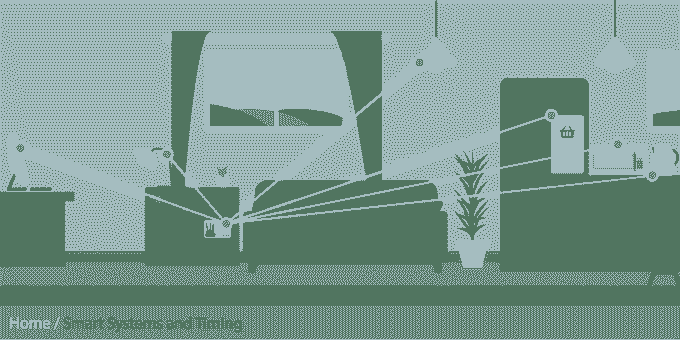 A LoRa node, on the other hand, is a sensor or transmitter hardware add-on like the Micro:bit LoRa node or LoRa pHAT. These transmit data packets which are sent to the gateway. Rather than a peer-to-peer network, LoRaWAN devices communicate with a centr4alized network which in turn plays the part of a bridge to the internet. There's compatibility with the likes of IFTTT, Amazon AWS, and Microsoft Azure.
A LoRa node, on the other hand, is a sensor or transmitter hardware add-on like the Micro:bit LoRa node or LoRa pHAT. These transmit data packets which are sent to the gateway. Rather than a peer-to-peer network, LoRaWAN devices communicate with a centr4alized network which in turn plays the part of a bridge to the internet. There's compatibility with the likes of IFTTT, Amazon AWS, and Microsoft Azure.
So why use LoRa? By opting for a public network, devices may be used across an entire continent and even worldwide, though you'll have to change the frequency, provided that you're within coverage. Essentially, the main benefits are low power devices with a local gateway rather than peer-to-peer networking, and a free, open network.
There are three distinct hardware units:
1. micro:bit LoRa node
2. Lora gateway
3. LoRa node pHAT
The IoT LoRa gateway HAT fits on a Raspberry Pi so you just plug it in, install software, and you're good to go. The pHAT creates cheap nodes which work with The Things Network and SBCs such as the Raspberry Pi. You can add on various sensors for greater functionality. Then, the micro:bit LoRa works with the BBC micro:bit and other SBCs for making a node. All three operate as either 868 MHz or 915 MHz. 
Because of their versatility, you might consider using LoRa nodes and gateways for home or industrial applications such as water monitoring, smart home devices, and more. Check out the Kickstarter page for more information and to support Pi Supply's awesome new LoRa hardware!




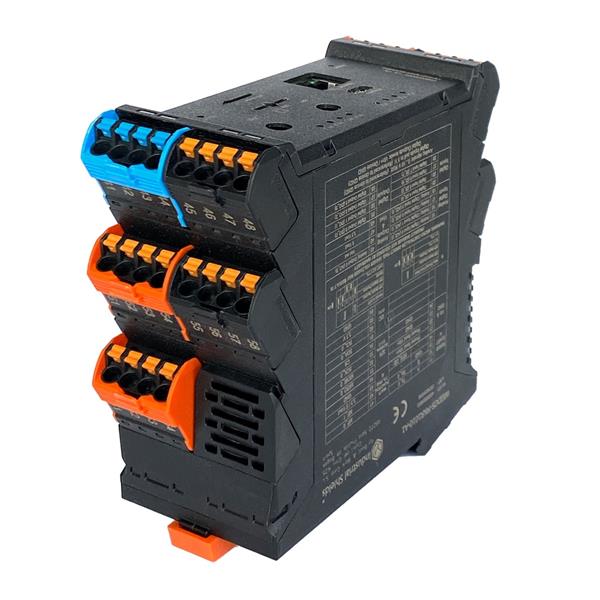
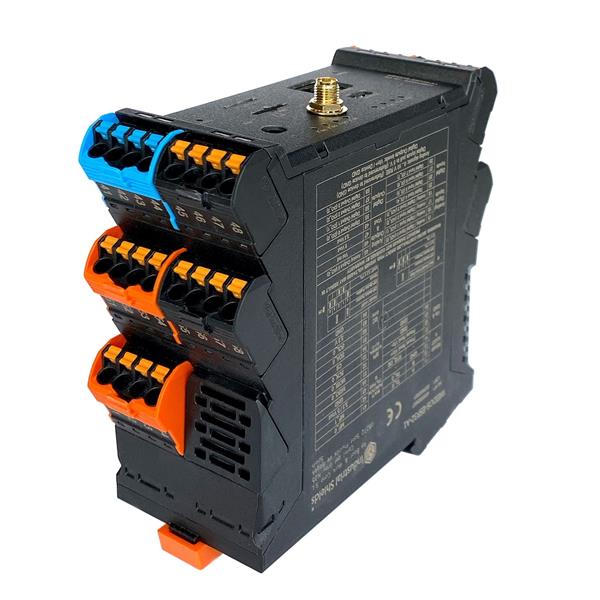
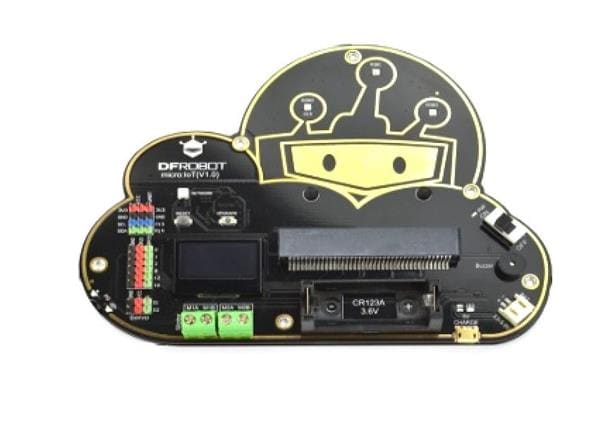
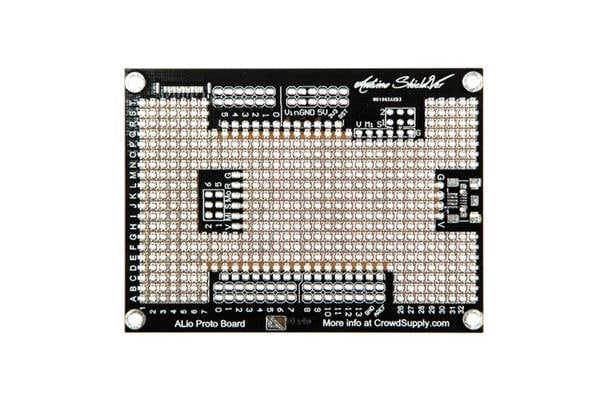
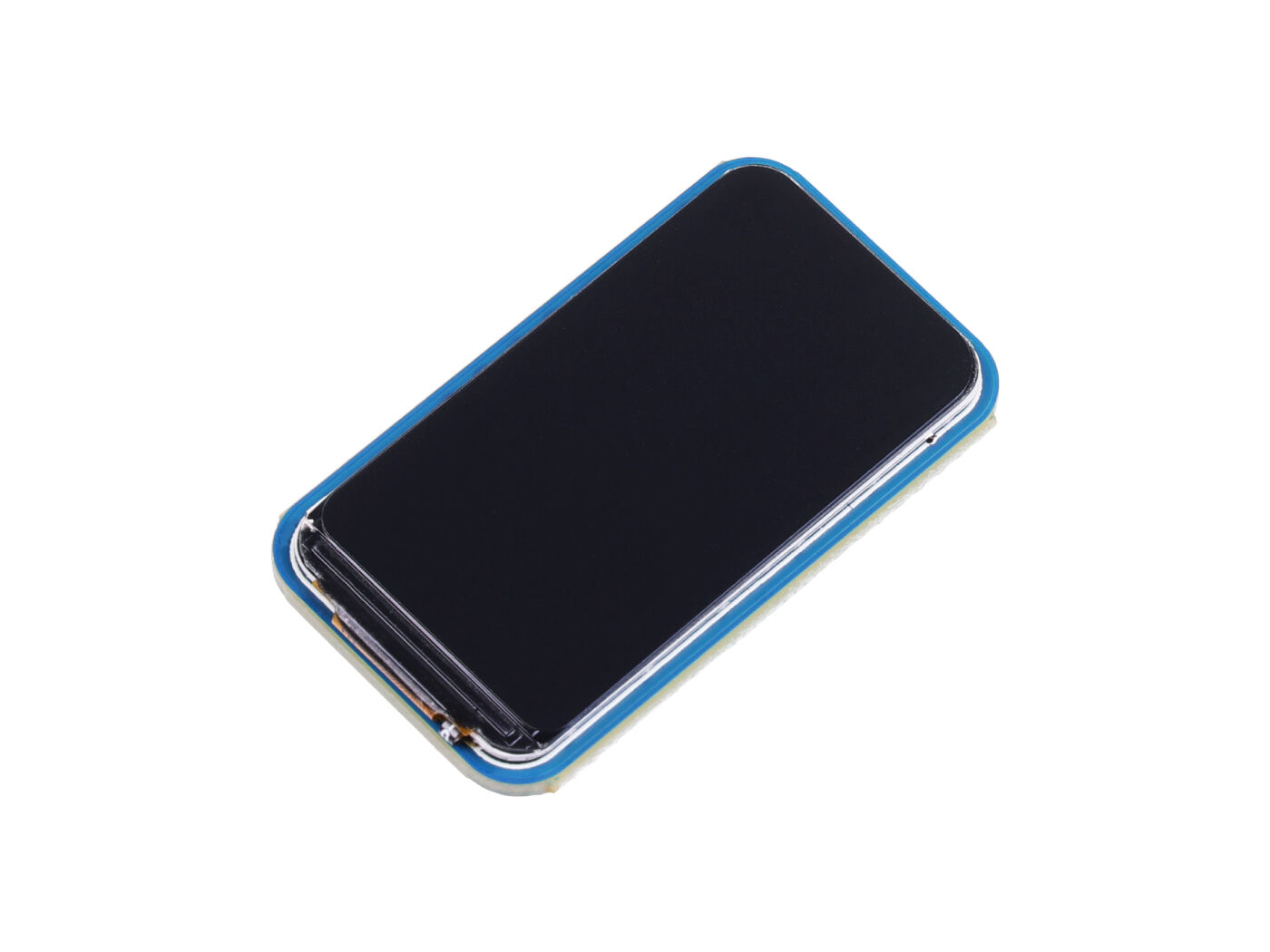

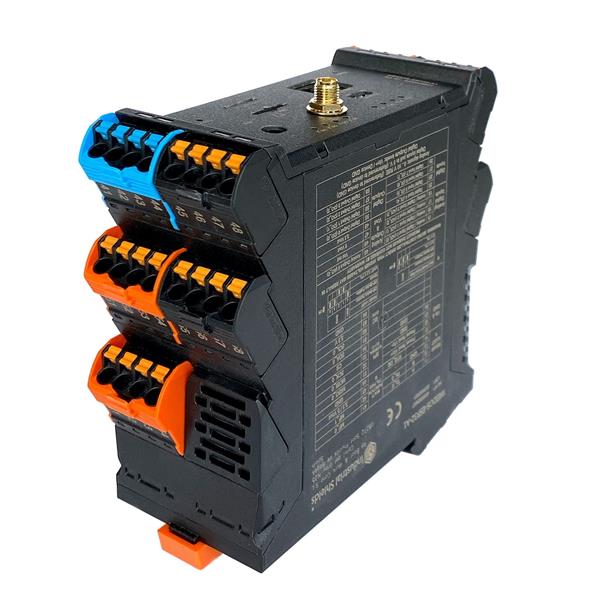
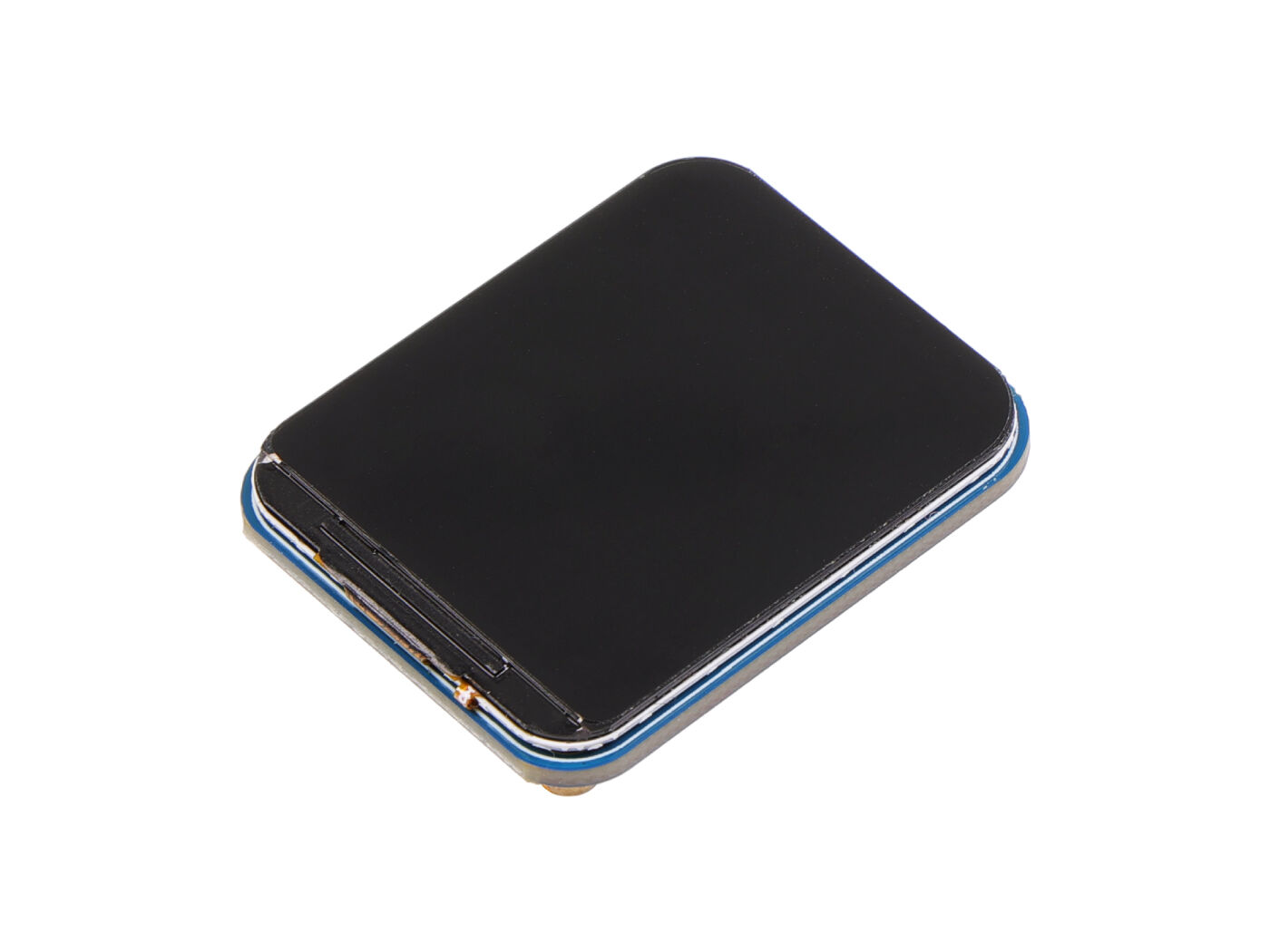
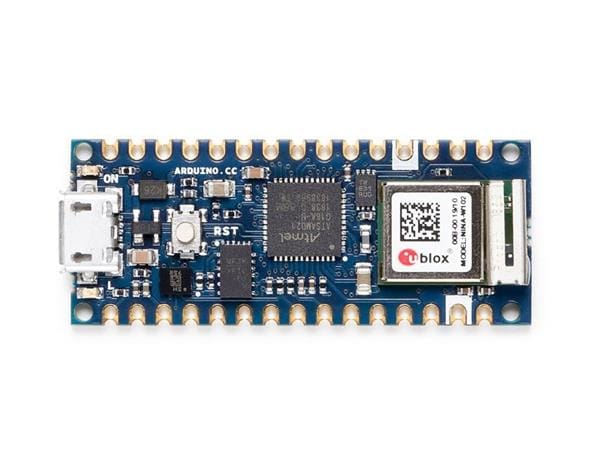
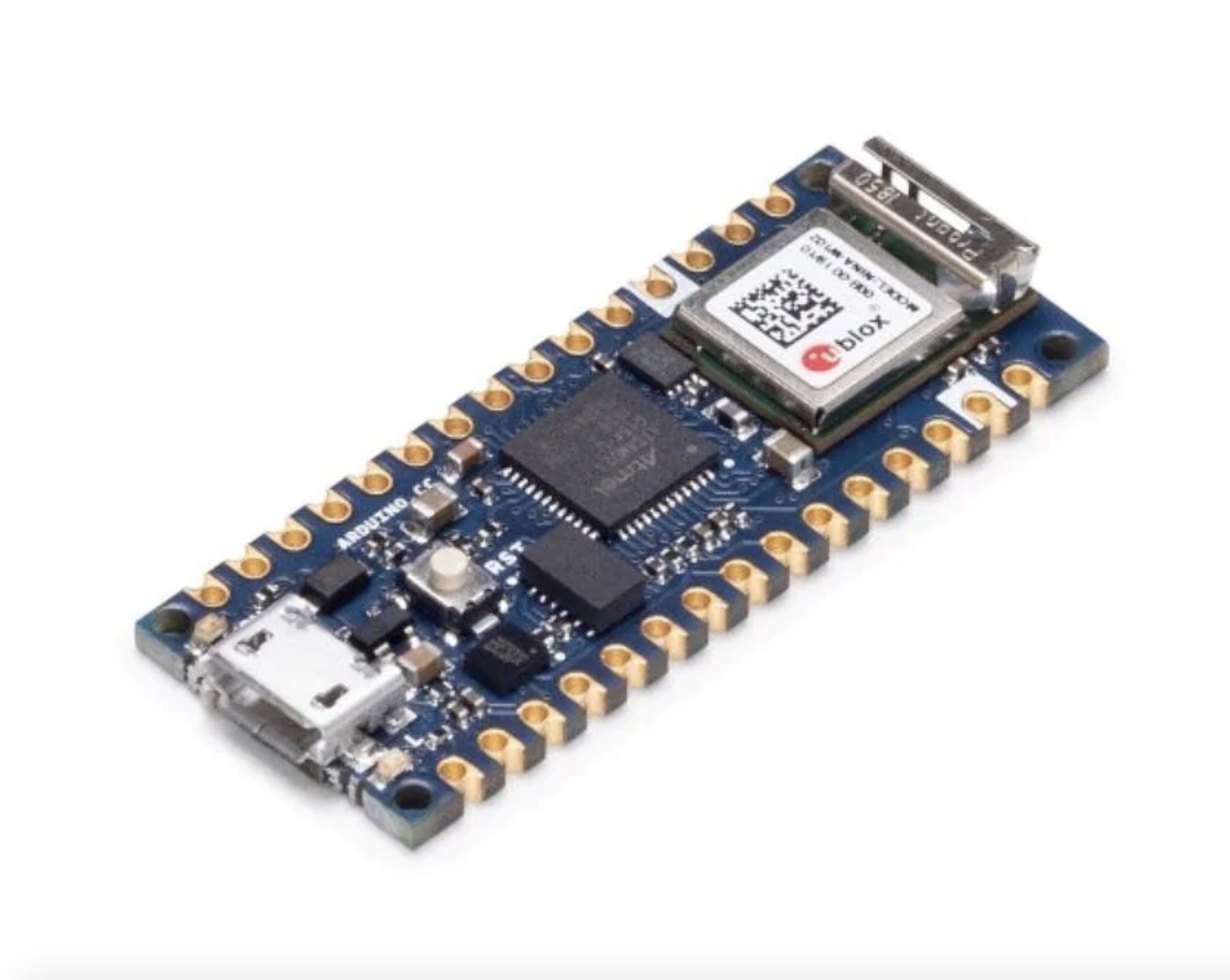

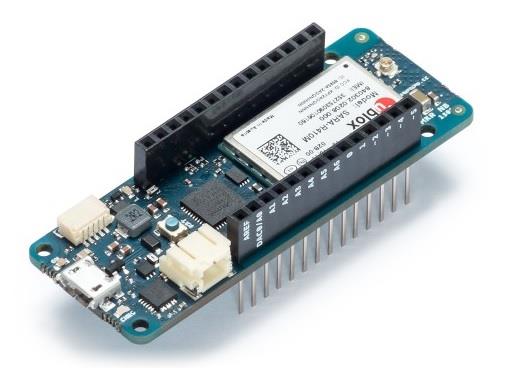
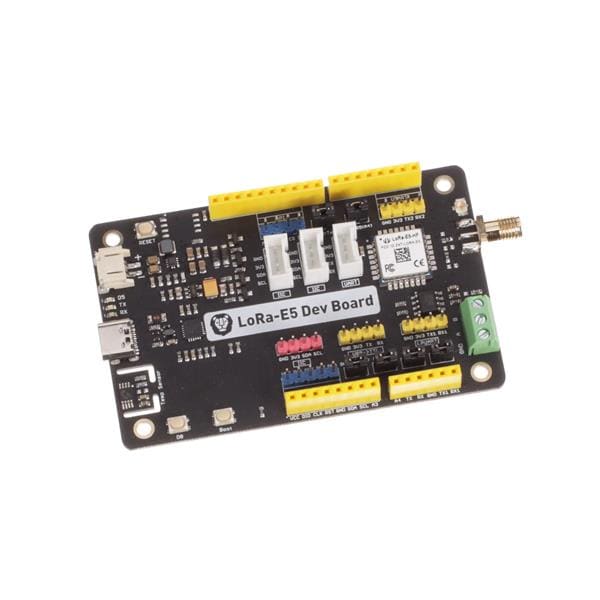
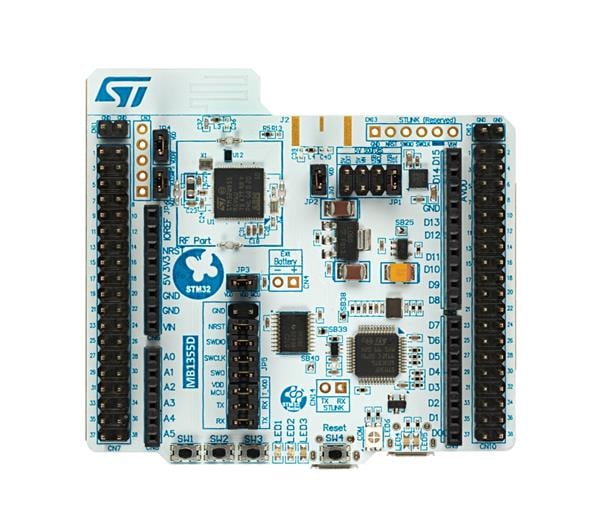

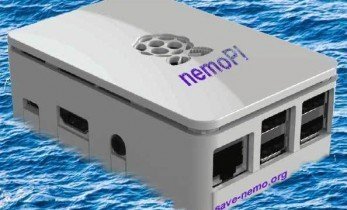
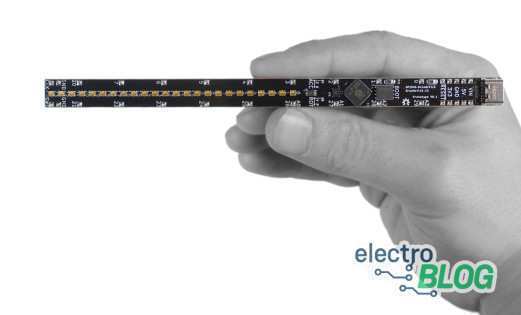
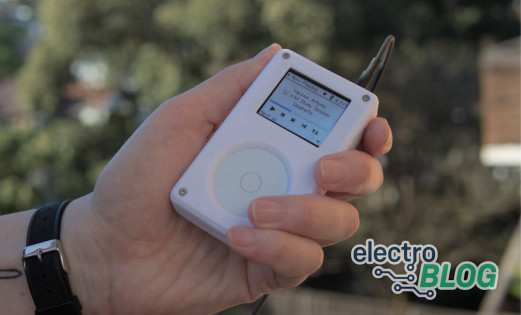
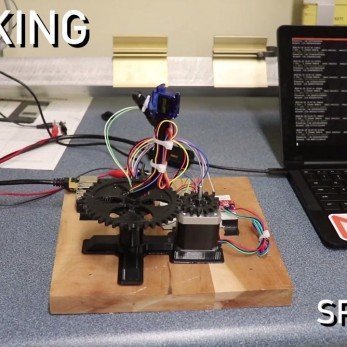
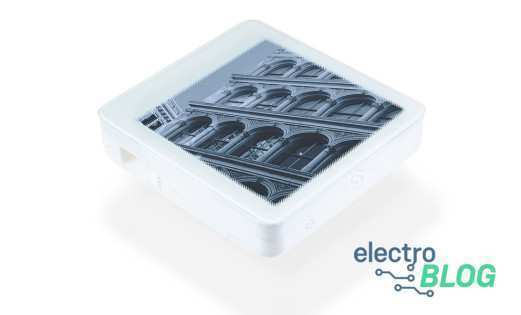
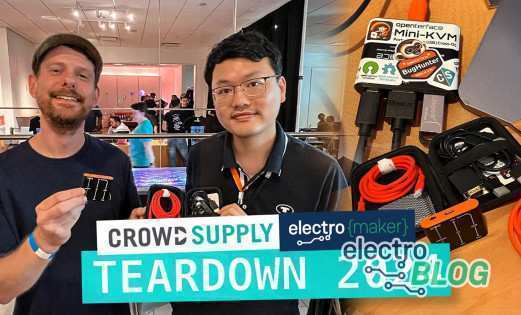


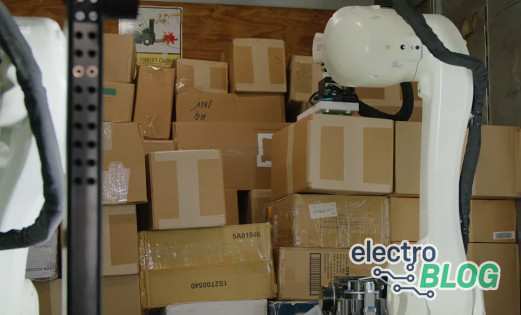



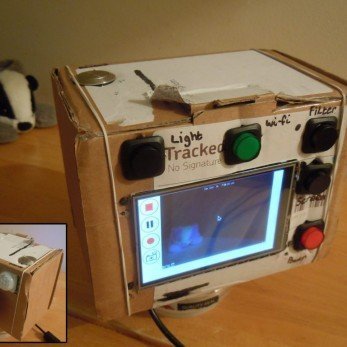
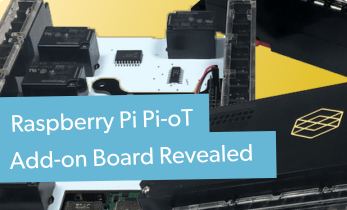
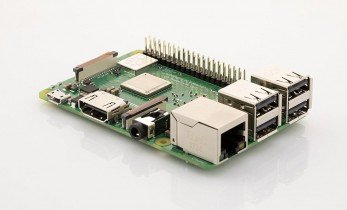

Leave your feedback...